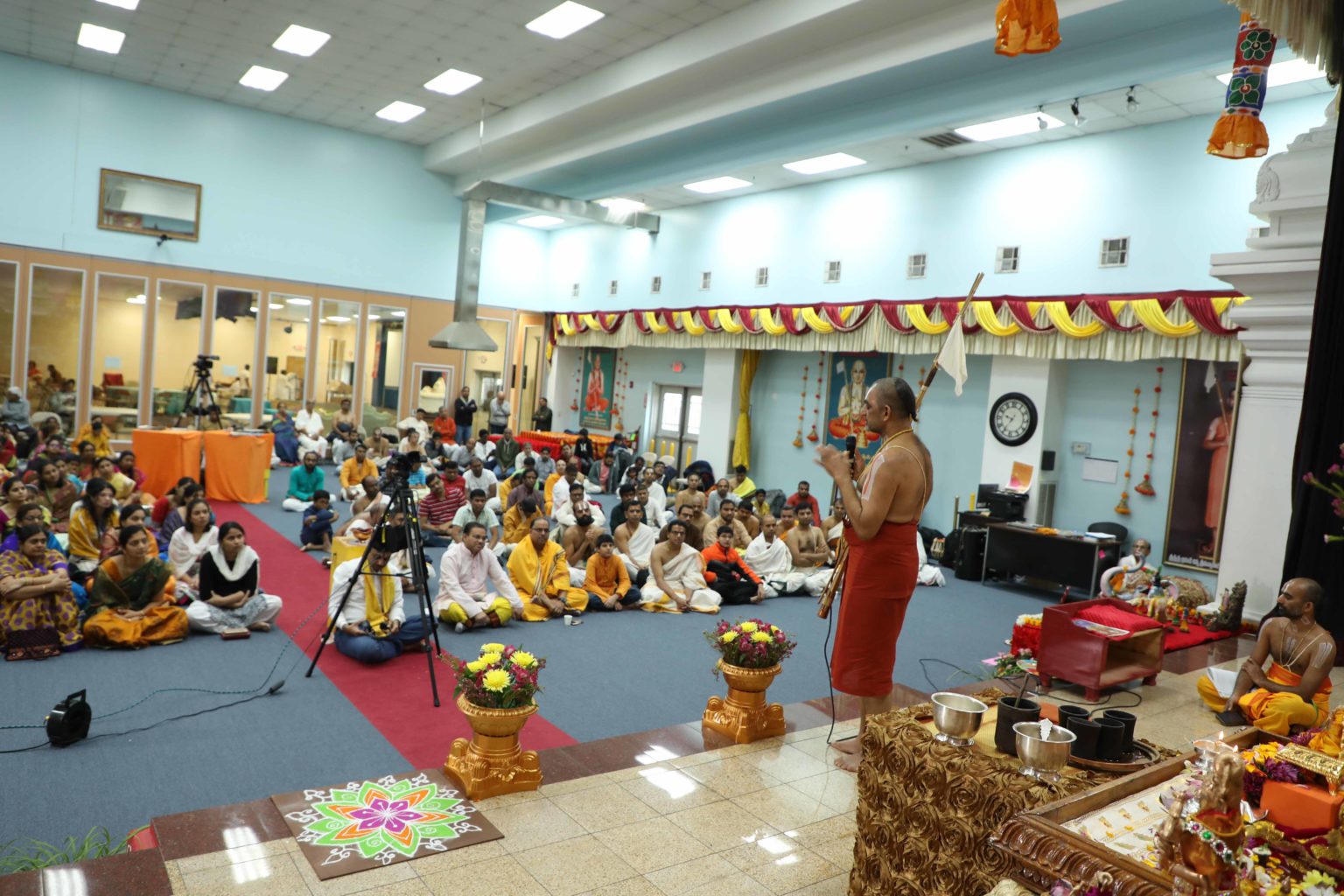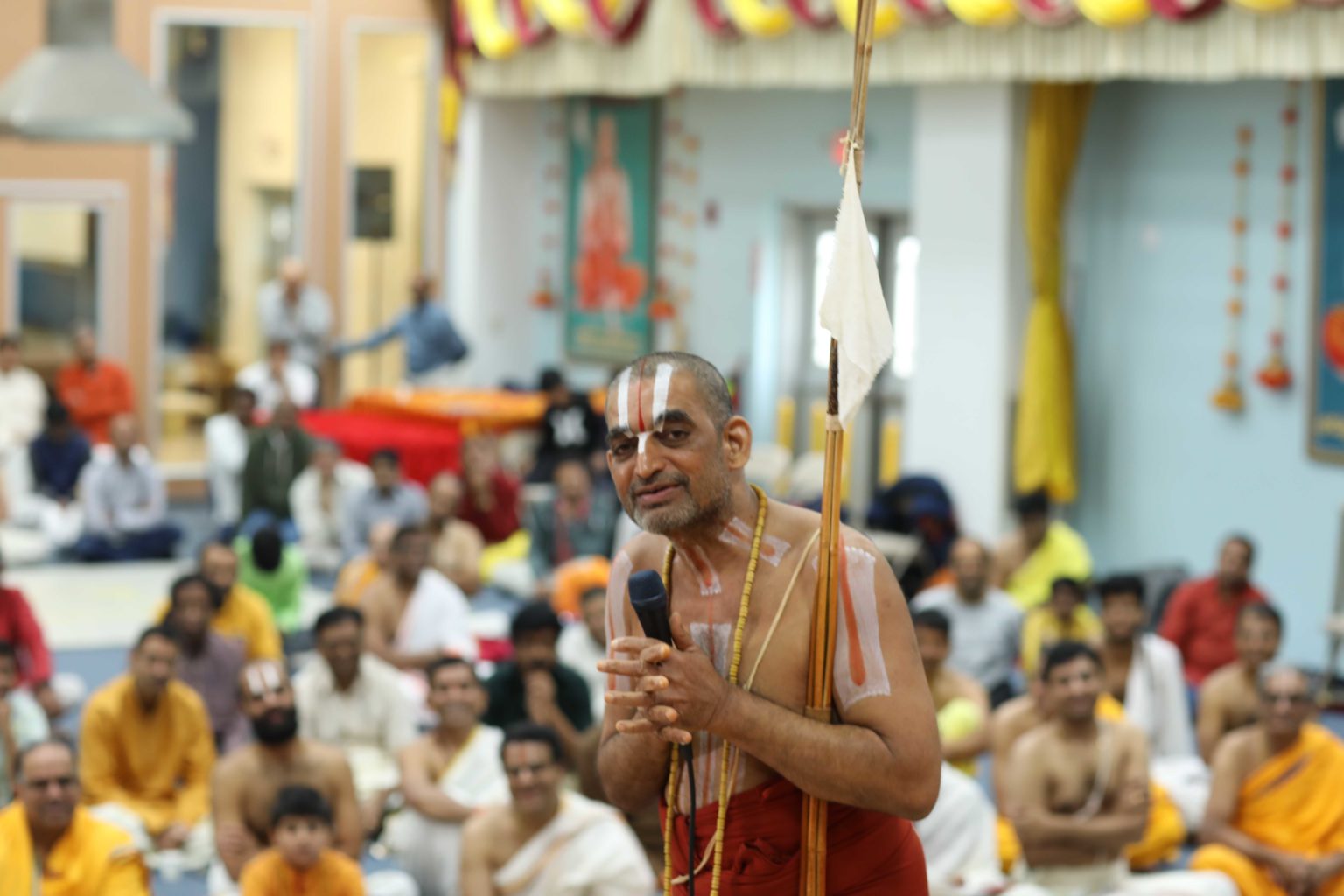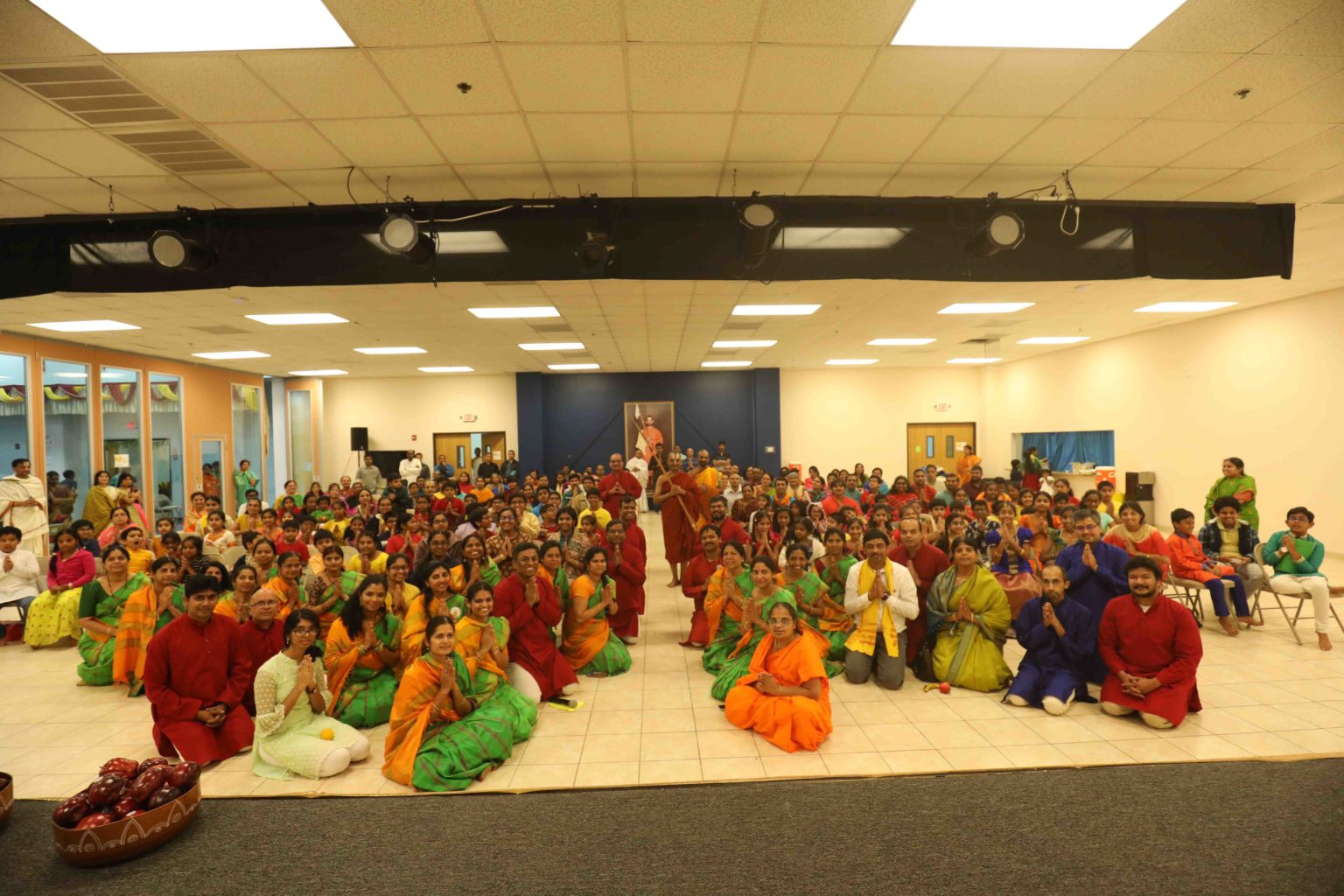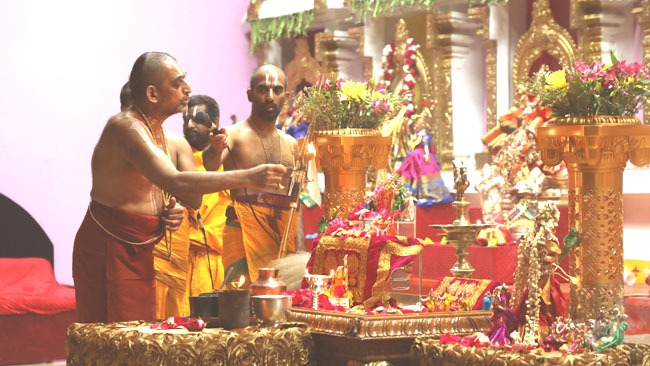Meditation has gained significant importance recently within various institutions and affinity groups. It is known as a means to improve concentration, feel inner peace and express outer joy. To attain the best from this practice, we must check if the goal of our meditation is directed towards giving us the supreme state. This is crucial as we dive deep during the meditation process. The deeper we get into something, the harder it is to get out of it. So, don’t meditate on anything that is not for your best!
Thiruppavai gives us a format and structure to meditate upon the best, i.e. the Supreme, Lord! The format involves 30 steps. Each step is defined beautifully through a poem. (the first five poems describe God, His form and His qualities). The poems together showcase a captivating storyline on the surface. On a deeper level, however, they aim to relieve us from a state of ignorance and attain eternal bliss, step by step.
Wait a minute! firstly, are we ignorant?
It’s hard to believe but yes, we are ignorant 😊. Knowledge is not limited to knowing that a pen is a pen, or the working of a car, or designing a building etc. There is more to knowledge, particularly in perceiving concepts that are not visible to naked eye. Ignorance is broadly classified into two types: Dharma Viparyasa and Dharmi Viparyasa.

- When you identify yourself (soul) with the body, manas, intellect, God or anything else, then you are ignorant on Dharmi (example: identifying a conch as snow)
- When you identify the qualities of yourself with the qualities of something else, then you are ignorant on Dharma (example: identifying the colour attribute of conch to be some other colour due to lack of right vision)
How can we come out of this ignorance?

Simple – seek guidance from those who are NOT ignorant in those aspects. These people have great qualities. They are keen listeners (Poem 6 and 7 describe what it means to listen, whom to listen to and what to pay attention to – sravanam). They are great at contemplating and meditating upon what they listen from wise people (Poem 8 describes meditation – mananam).
The Mind exercises when we meditate. After listening to wise people, spend time on thinking about the message conveyed. Clarity grows as one ruminates on that message more and more.
What happens when we come out of ignorance and get clarity?
Let’s assume we attained clarity of our goal after listening to wise words from righteous practitioners. We do not suddenly disappear from this world. We remain here, however, our choices change to accommodate only satvik content Our thoughts transform every action as a service to God.
What if our manas does not co-operate in the process?
We all know our mind and its naughty cravings. Don’t we? Example: although we know that pizza is unhealthy, onion and garlic are non-satvik, it’s not easy to put an end to such habits (note: these are only examples of unhealthy choices for tongue, think of all possible unhealthy choices we make to satisfy the manas through the remaining sense organs)
The reason it becomes hard to come out of non-satvic habits is because there is a record of a positive feeling from the past (our manas remembers how happy it felt with the taste of a pizza bite or a sip of alcohol). Those record fuels the mind to grab more of such experience again and again!
What is the best way to come out of such addictions, or non-satvik habits?
There are multiple suggestions by various schools of thought on this topic. However, our Vedas recommend the best approach to come out of such addictions or, non-satvik habits. An incident from Krishnadevaraya’s history nicely portrays the approach.
Krishnadevaraya, Emperor of Vijayanagara Empire (who in fact authored Amuktamalyada – a book on Goda Devi who gave us this beautiful vratam – Thiruppavai) wanted to hire a Prime Minister for his court. He designed a test to aid in selection process.
He drew a line on a board and asked, “Make this line smaller without touching it”
Most everyone were perplexed. How can one affect the size of an object without touching it? One candidate drew a bigger line next to it and successfully completed the test. That person was chosen, and his name is Timmarasu!

vishya: vinivarthanthe:
nira:ha:rasya de:hinaha |
rasavarjam raso::pyasya
param drushtva: nivarthathe: ||
(Bhagavad Githa , 2.59)
This is exactly the approach recommended by Vedas. We cannot curb a habit because of the recorded intense experiences that we accumulated over crores of births taken till date (ruchi – low intense experiences, vasana – high intense experiences).
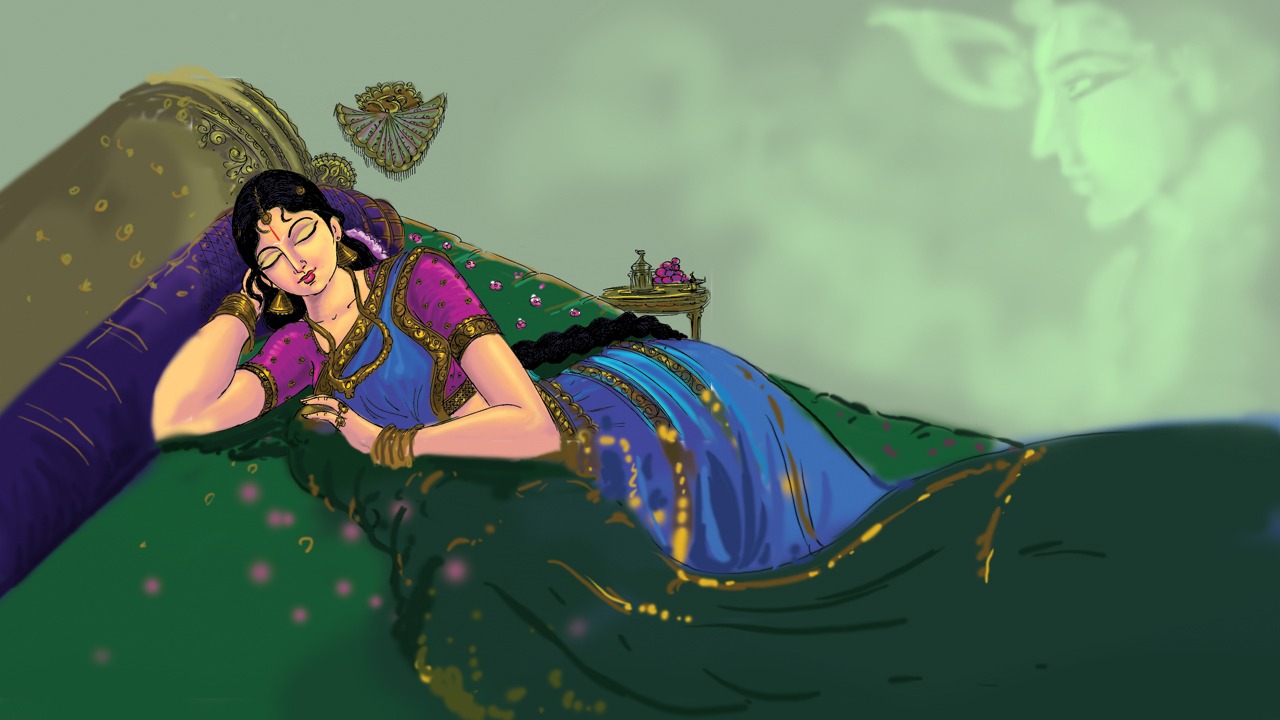
The only way is to give the manas an experience that can beat all other experiences from the past. We call this a higher taste. Such unbeatable experience is eternal bliss, the joy of togetherness with God. Thiruppavai aims at helping us meditate on this eternal blissful experience!
– From the discourse of Sri Chinna Jeeyar Swamiji
– Thirupavai,
– December 23 rd 2019, Houston TX, USA
